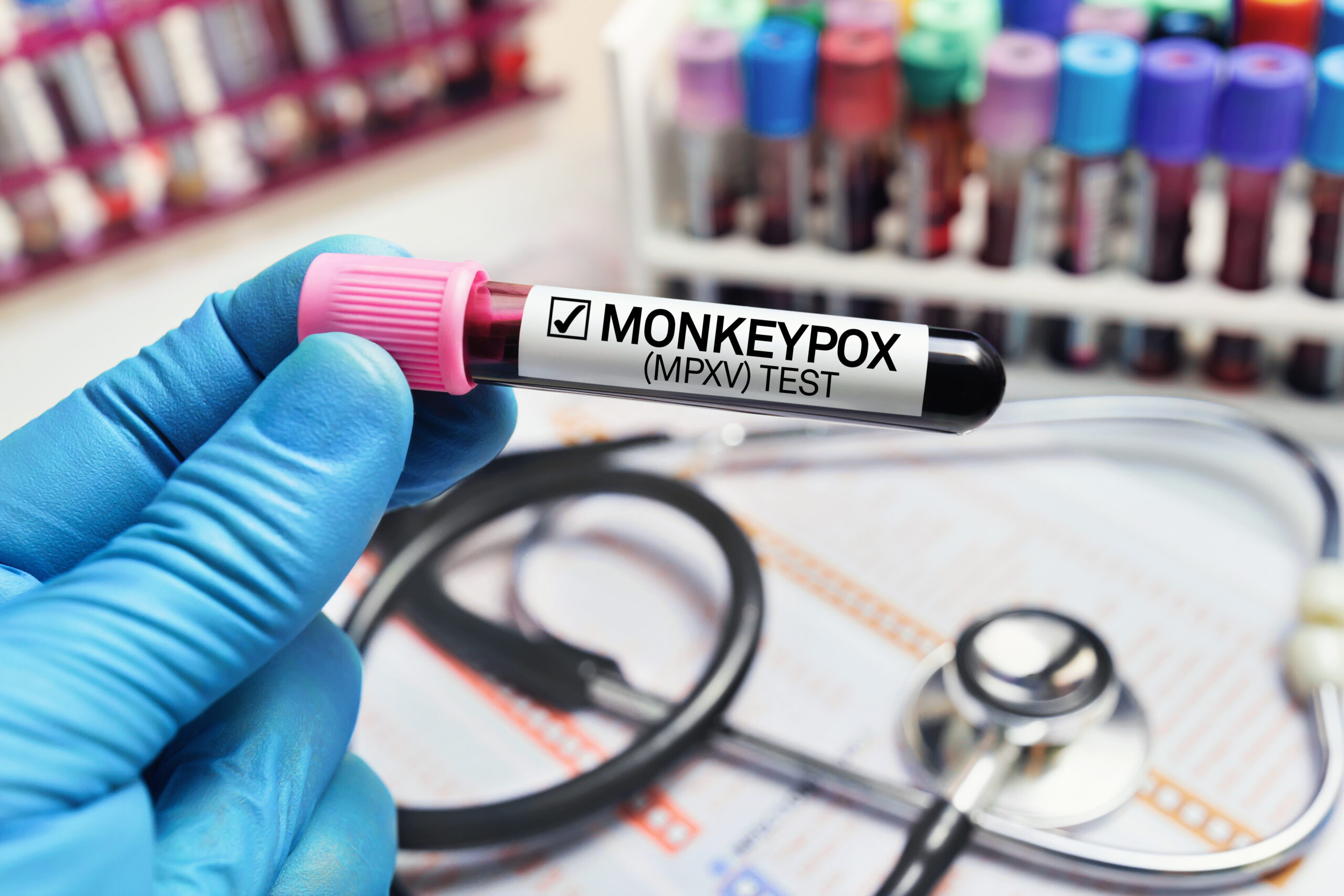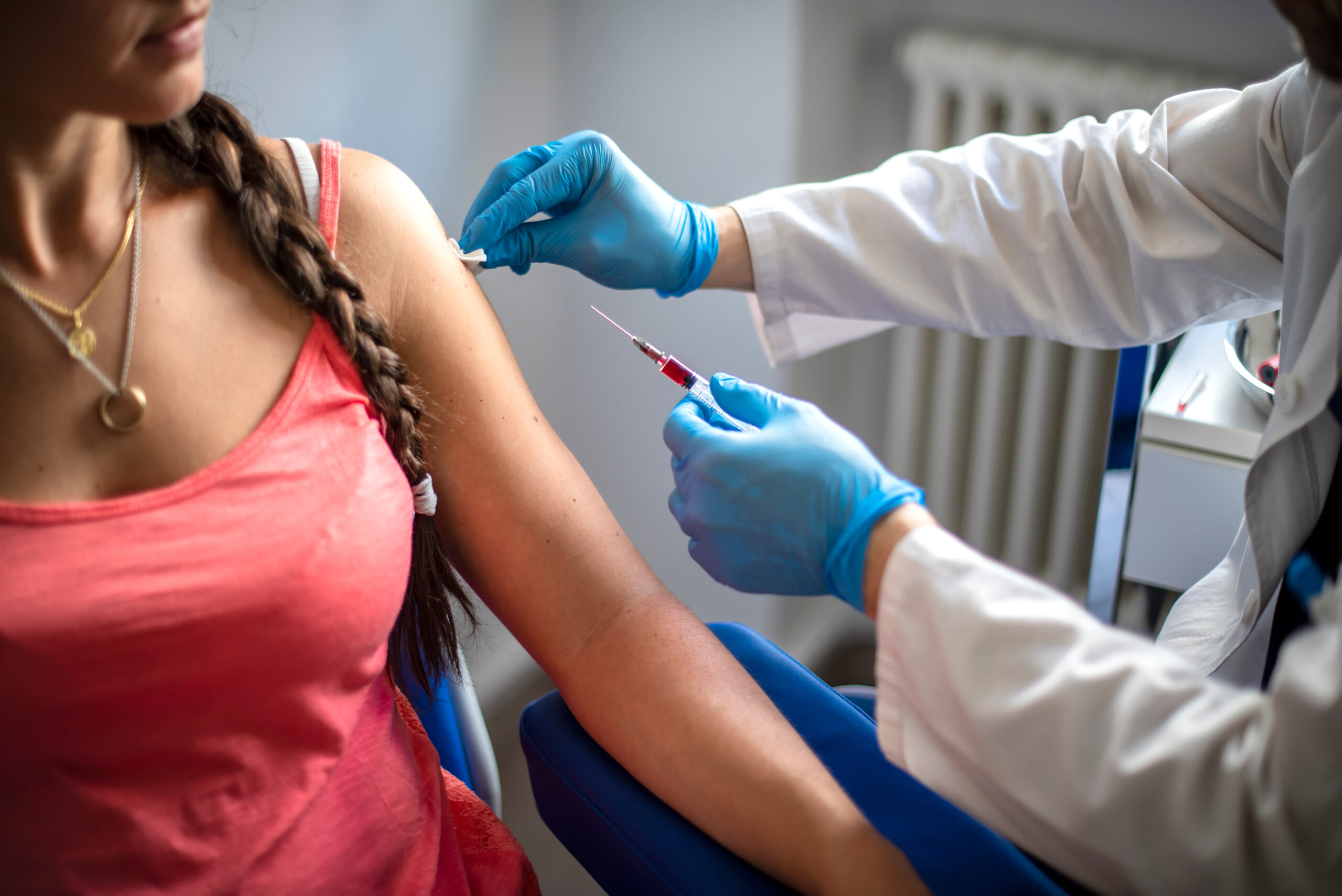Dr. BCW, Dr. Curry-Winchell, shares 7 Ways to Stay Healthier Than Everyone Else with Eat This, Not That
read the full Eat This, Not That article here
Article Snippet:
Lifestyle choices go a long way in protecting your overall well-being and reducing the risk of serious health issues like some cancers, dementia, diabetes and heart disease, which is the leading cause of death in the U.S. According to the Cleveland Clinic, “Ninety percent of the nearly 18 million heart disease cases worldwide could be prevented by people adopting a healthier diet, doing regular exercise, and not smoking.”
In addition, the Cleveland Clinic states, “Heart disease is 90 percent treatable – everyone can prevent heart disease anywhere in the world, especially by eating foods that are low in salt and cholesterol, exercising regularly, and not smoking,” said Leslie Cho, M.D., Section Head for Preventive Cardiology and Cardiac Rehabilitation at Cleveland Clinic. “Even if a person has a family history of heart disease, we can still prevent and treat heart disease thanks to incredible advances in medicine.”
See what else Dr. Curry-Winchell, has to share as she answers questions for Eat This, Not That as they discuss









